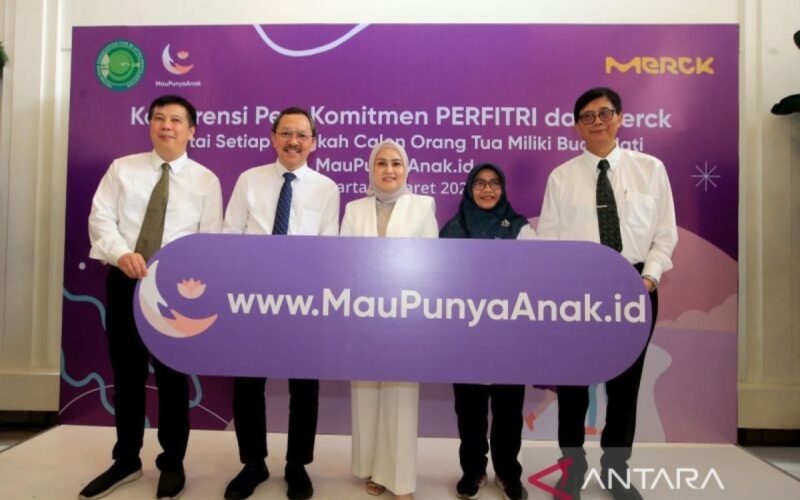Infertility is a sensitive topic that affects many individuals and couples around the world. It can be a challenging and emotional journey for those struggling to conceive, and often, there are misconceptions and myths surrounding infertility that can further add to the burden of those affected.
In Malaysia, infertility is a common issue that many couples face. In fact, according to the National Infertility Survey, one in six Malaysian couples experience infertility. Despite its prevalence, there are still many misconceptions surrounding infertility that can lead to stigma and misinformation.
To address this issue, experts emphasize the importance of education in dispelling myths and misconceptions about infertility. Dr. Sarah Tan, a fertility specialist at a leading fertility clinic in Malaysia, stresses the importance of educating the public about infertility to reduce stigma and increase awareness.
“Many people have misconceptions about infertility, such as thinking that it only affects women or that it is always a result of lifestyle choices. In reality, infertility can affect both men and women, and there are many factors that can contribute to infertility, including genetic, hormonal, and lifestyle factors,” Dr. Tan explains.
One common myth about infertility is that it is always the woman’s fault. In reality, infertility can be caused by a variety of factors, including male factor infertility, which accounts for approximately 40% of infertility cases. It is important for both partners to undergo fertility testing to determine the cause of infertility and explore treatment options.
Another misconception about infertility is that it is always a result of lifestyle choices, such as smoking or obesity. While lifestyle factors can impact fertility, there are many other factors that can contribute to infertility, such as age, genetics, and underlying medical conditions.
Education plays a crucial role in empowering individuals and couples to seek help and support when facing infertility. By debunking myths and providing accurate information about infertility, individuals can make informed decisions about their reproductive health and explore treatment options that may help them conceive.
In addition to education, it is essential for individuals and couples struggling with infertility to seek support from healthcare professionals, fertility specialists, and support groups. Infertility can be a challenging and isolating experience, but with the right information and support, individuals can navigate the journey towards parenthood with confidence and hope.
In conclusion, education is key in dispelling myths and misconceptions about infertility. By raising awareness and providing accurate information about infertility, we can reduce stigma and empower individuals and couples to seek help and support when facing fertility challenges. Together, we can create a more supportive and understanding community for those affected by infertility.
